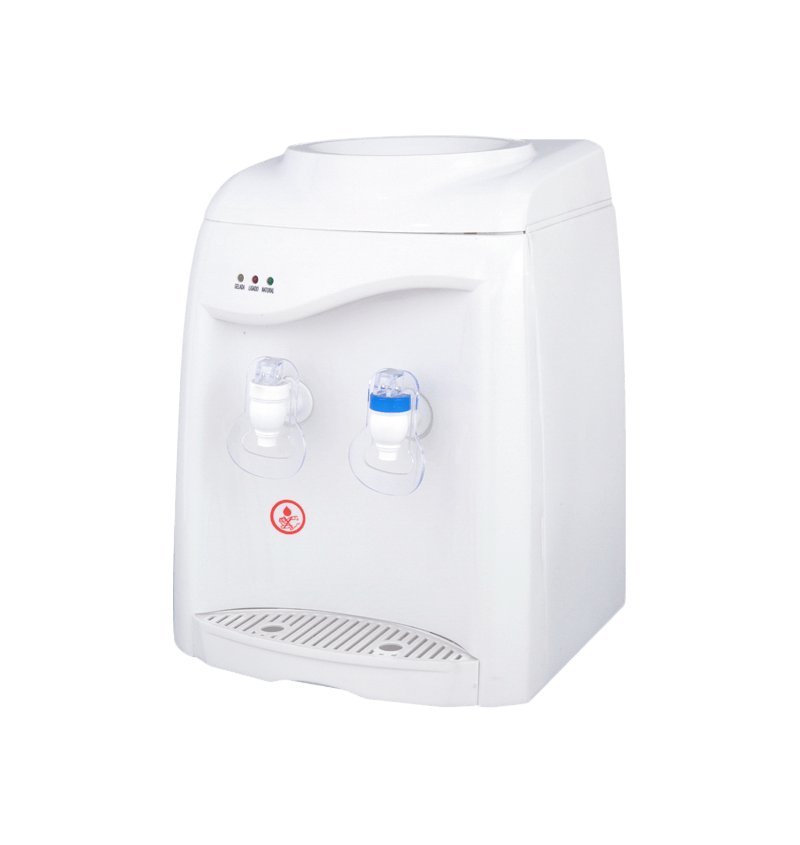The reverse osmosis water purifier has a filtration accuracy of up to 0.0001 micron, which can completely remove impurities, heavy metals, bacteria, viruses and other harmful substances in the water, providing users with pure and safe drinking water. This water purifier uses advanced reverse osmosis membrane technology to push water through the membrane layer through high pressure, blocking harmful substances such as dissolved salts and organic matter in the water outside the membrane, thereby achieving efficient water purification. However, it is this high-efficiency filtration effect that causes reverse osmosis water purifiers to produce more wastewater during the filtration process. This is because in order to ensure the purity of the effluent water, part of the water containing impurities will be filtered out, resulting in wastewater. Although this may increase the cost of use, the improvement in water quality brought by reverse osmosis water purifiers undoubtedly provides users with a safer and more reliable source of drinking water.
In contrast, ultrafiltration water purifiers use different filtration technology. It uses ultrafiltration membrane to filter impurities in water, which can effectively remove colloids, rust, suspended solids, sediment, macromolecules and other pollutants. Although its filtering accuracy is relatively low, for daily home use, it is enough to meet the needs of most users. The ultrafiltration water purifier does not require electricity or pressure. It relies on the pressure of the tap water itself to achieve water purification, which is energy-saving and environmentally friendly. In addition, ultrafiltration water purifiers have a high water recovery rate and a relatively long service life, providing users with a convenient and affordable drinking water solution. However, it should be noted that ultrafiltration water purifiers may not be able to effectively remove smaller bacteria, viruses, calcium and magnesium ions, and heavy metals in the water. Therefore, when choosing a water purifier, users need to weigh it based on their own needs and budget.
-

Hot and cold water machine desktop PS-STR-03
-

home Reverse Osmosis water purifier RO System PS-RO-50D
-

4/5 Stages RO under sink water filter system with smart screen RO System PS-RO-50M
-

Digital RO Water Dispenser PS-SLR-37F
-

RO Water dispenser PS-SLR-103S
-

Oem Factory Korea Three Faucets Standing RO Water dispenser PS-RO-104S
-

Hot and Cold Water Dispenser Stainless Steel Hot Tank
-

Low Noise Floor Standing Compressor cooling Water Dispenser PS-SLR-22C



 English
English عربى
عربى Português
Português Español
Español
